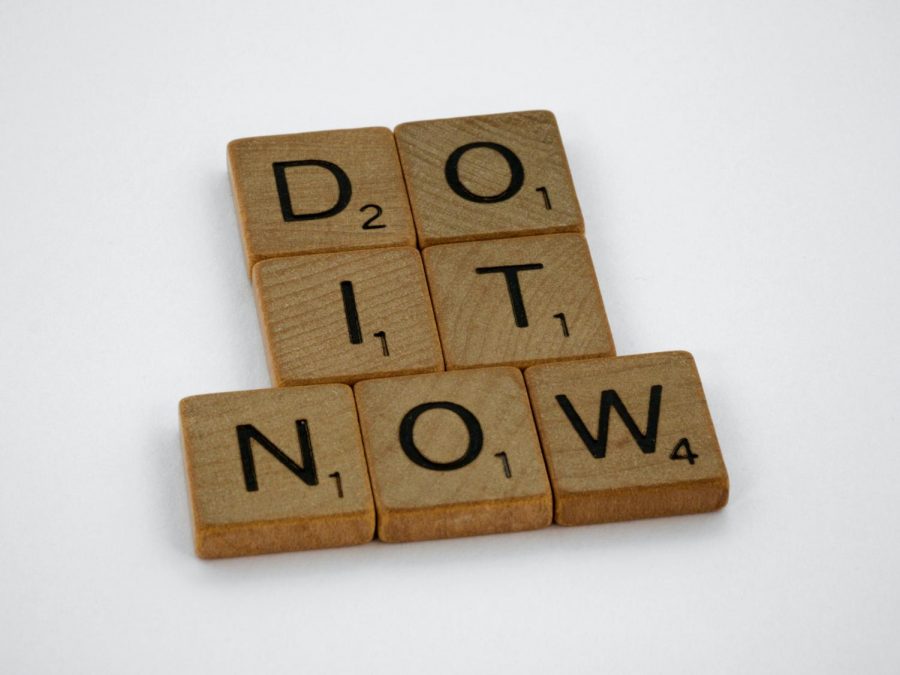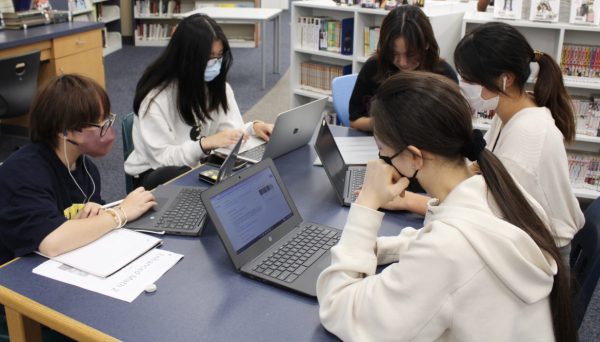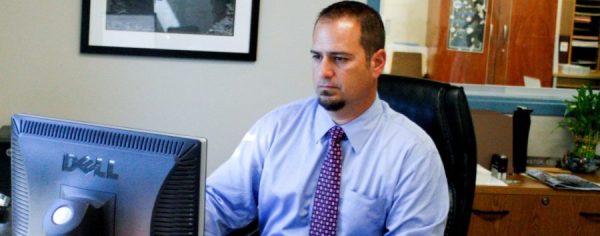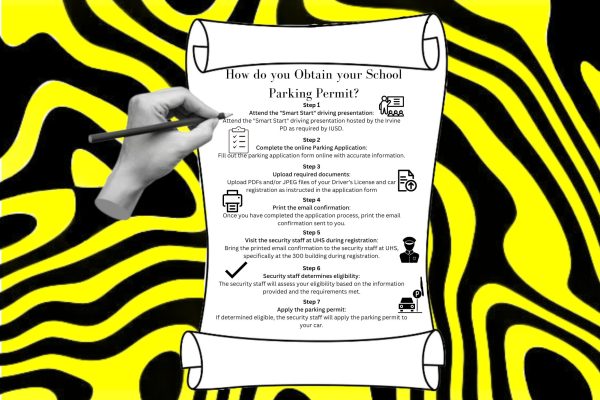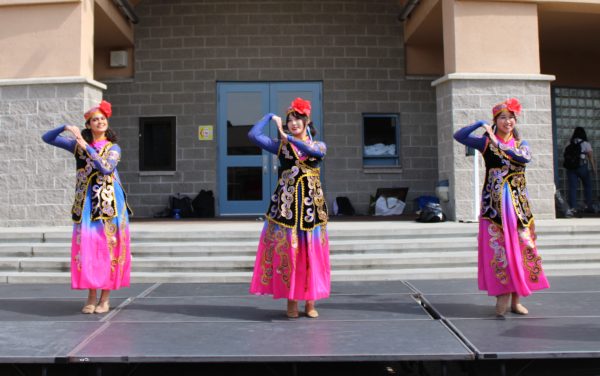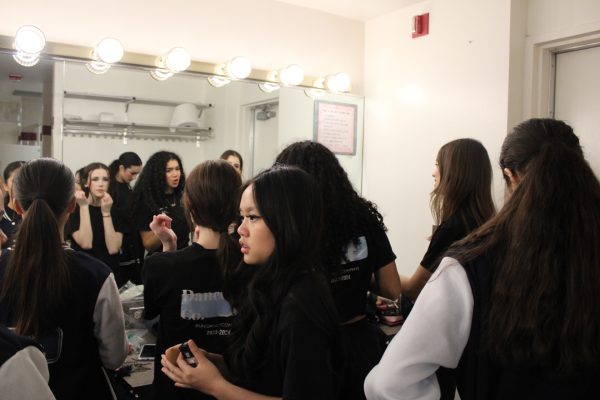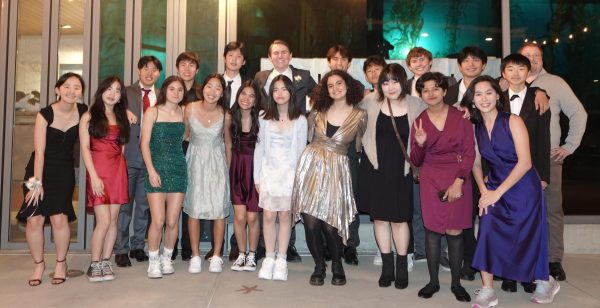Why Do We Wait?
April 13, 2021
When asked to name my biggest role model, my greatest inspiration, I often answer Leonardo da Vinci. Because of his comprehensive talents, da Vinci is viewed as the epitome of the term “Renaissance man.” Beyond his status and accomplishments, he was surprisingly a victim of chronic procrastination. Da Vinci had a habit of leaving portraits, such as his famous A Man in Red Chalk unfinished. Reviewed over the course of his lifetime, the artistic work of da Vinci gives the impression of a highly prolific specialist and artist. Yet beyond the product of the iconic Mona Lisa, the famous portrait took fifteen years to finish. The Virgin of the Rocks, commissioned with a seven-month deadline, took twenty-five years to complete.
It might be hard to believe that world-renowned figures struggle with the very same problems as we do, but it indicates how pervasive an affliction procrastination is. Whether it be last-minute cramming for finals, pushing off the filing of taxes, or binge-watching Netflix days before college applications are due, most of us have found ourselves locked in an almost permanent cycle of delay, escapism, and constant regret.
We all know the feeling; keeping thirty tabs running at all times, each holding a responsibility we voluntarily put off, despite knowing that we will be worse off by doing so. Staring at an empty Google Docs desperately wishing the blank document would satisfy the essay’s word limit on its own. Before you know it, the five-minute homework break has turned into a two-hour long scroll through Tiktok, and the word count remains at zero.
Procrastination eats away at student productivity – and especially amid a pandemic that has already decreased student motivation, the widespread phenomenon negatively impacts learning, achievement, and academic self-efficacy. While it is regularly viewed as the result of failures in self-regulation and volition, procrastination isn’t a character flaw. It’s the byproduct of an inner conflict: some part of us does not want to undertake whatever task we need to accomplish, and another part is afraid of the consequences. Yet in the end, when we are left with no choice but to confront our responsibilities, procrastination has pushed us to use fear as fuel.
When Ivan Pavlov established his Pavlovian theory, he established a deep connection between the ringing of bells and the giving of food for his dogs. Over time, the dogs came to understand. The same connection occurs in our minds when we feel stressed to complete assignments. The fear of stress and responsibility automatically connects to a desire to escape in our minds, triggering the flight response that is procrastination.
“I think a lot of us are having moments where we have absolutely no idea what we are supposed to do. I guess the reason why we procrastinate is because we try to suppress that feeling of desperation as much as possible,” said junior Charlotte Ying.
For many students, leaving tasks “for tomorrow” always seems like the best present solution, since most are socially predisposed to put off until tomorrow what we should do today. The closer we are to the temptation of fun, the more likely we are to indulge. And at home, with phones full of social media and games on convenient standby, these distractions simplify the process to procrastination. A five minute break can easily turn into an hour wasted.
“It’s extremely easy for me to get distracted while doing homework,” said freshman Jessica Lin. “Especially when I have to finish assignments I do not want to do, I subconsciously find distractions through Tiktok and Instagram to escape my responsibilities.”
Every time stress hits, the brain is indirectly trained to equate responsibilities to pain. We have learned that homework hurts. It is not physically painful, but the fear of failure and failing grades trains the brain to do anything it possibly can to escape sources of stress.
This creates a vicious cycle of procrastination and resistance, an endless desire to force everything closer to deadlines. We spend so much time chasing our “on modes” and the state of just being motivated enough to stop procrastinating to reach that glorious state of self-control and focus where it feels like life is finally under control.
Even so, habits can be changed, and for many, the bane of existence is the tremendous amount of guilt suffered because of procrastination. Leonardo da Vinci could have transcended his talents given the benefits of good time management.
In order to prevent ourselves from becoming spectators in our own lives, it is important to reflect on our efficiency and bad habits. For some reason or another, we simply never get around to doing what we set out to do. Long-term procrastination doesn’t prevent people from achieving their dreams, but rather it makes it so that it is impossible to start chasing them.


